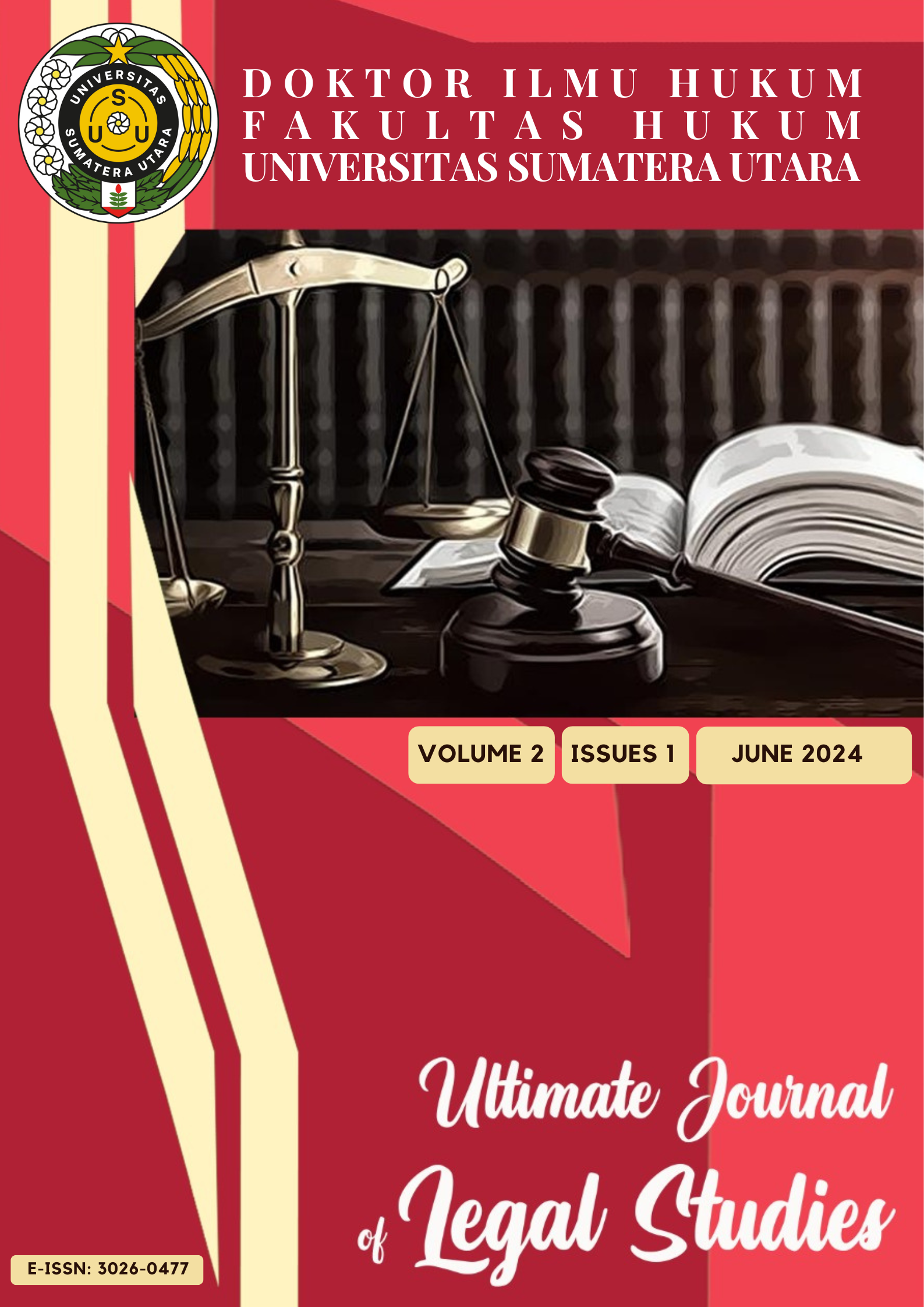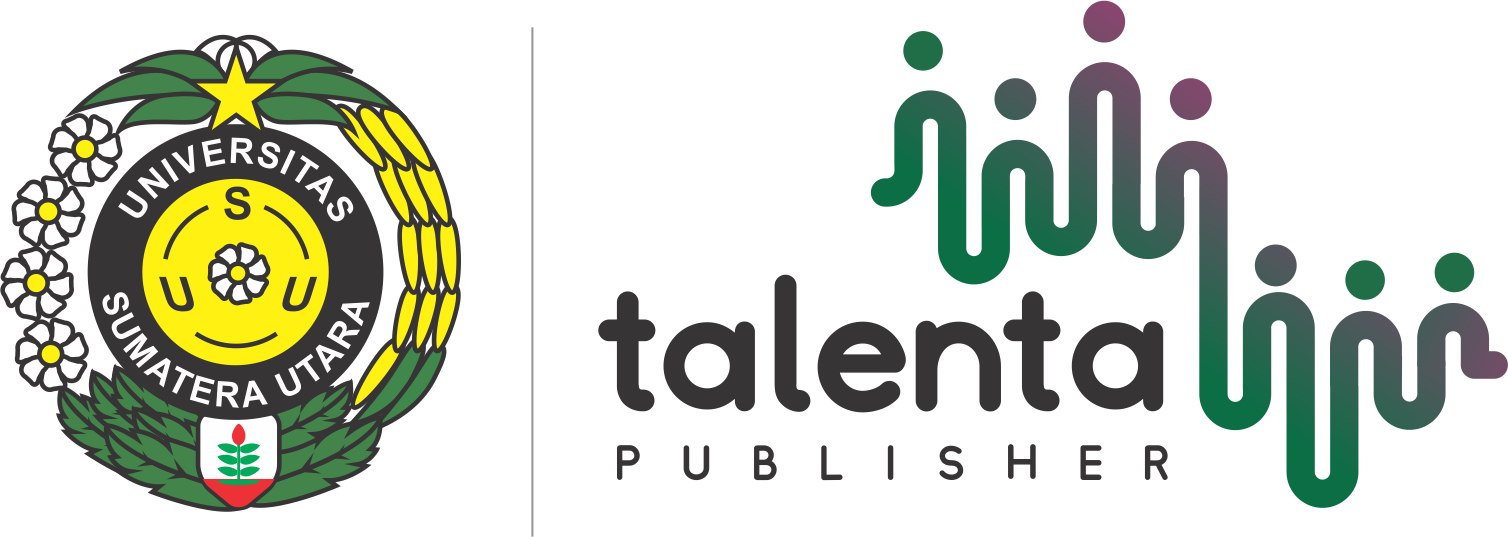Differences in Restorative Justice in Indonesia, New Zealand and Saudi Arabia Viewed from Comparative Criminal Law
DOI:
https://doi.org/10.32734/uljls.v2i1.16665Keywords:
Restorative Justice, Three Different Legal SystemsAbstract
Resolving criminal cases through the judiciary is considered successful if law enforcers are able to bring the perpetrators to justice and receive punishment. In certain cases, the public hopes that there will be no need for prosecution because the crime committed is not commensurate with the sentence imposed. Provisions about Restorative Justice in Indonesia, the civil law legal system is not yet clearly regulated in the law. New Zealand is a country Common Law who successfully implemented it Restorative Justice at the Correctional Institution. Meanwhile, Saudi Arabia is an Islamic country that most consistently applies Islamic criminal law which has a concept Restorative Justice. The aim of the research is to compare the concept of restorative justice between Indonesia, New Zealand and Saudi Arabia. Through these three different legal systems, which legal system is restorative justice most appropriate to apply? in Indonesia Restorative Justice guided by the internal provisions of the Police, Prosecutor's Office and Courts, which have not yet been stated in New Zealand Law Restorative Justice under the Parole Law of 2002, Saudi Arabia Restorative Justice relies on transcendental rules, namely the Qur’an and Hadits as well as the judge's discretion. The fact that it is applied in different countries is not certain that it will be useful if applied in one's own country or another country. Restorative justice must be in accordance with the social, economic and political conditions of a country.







